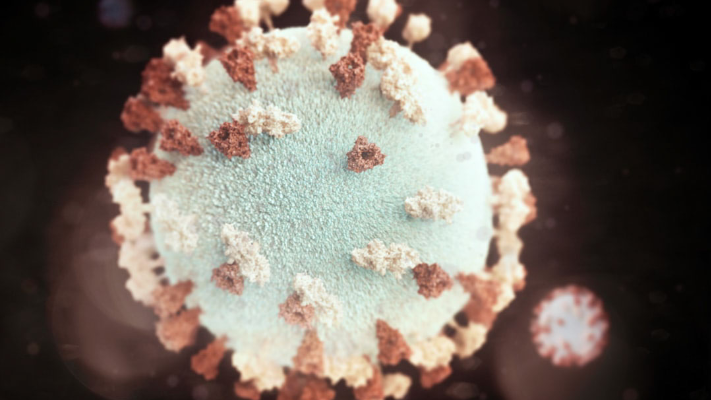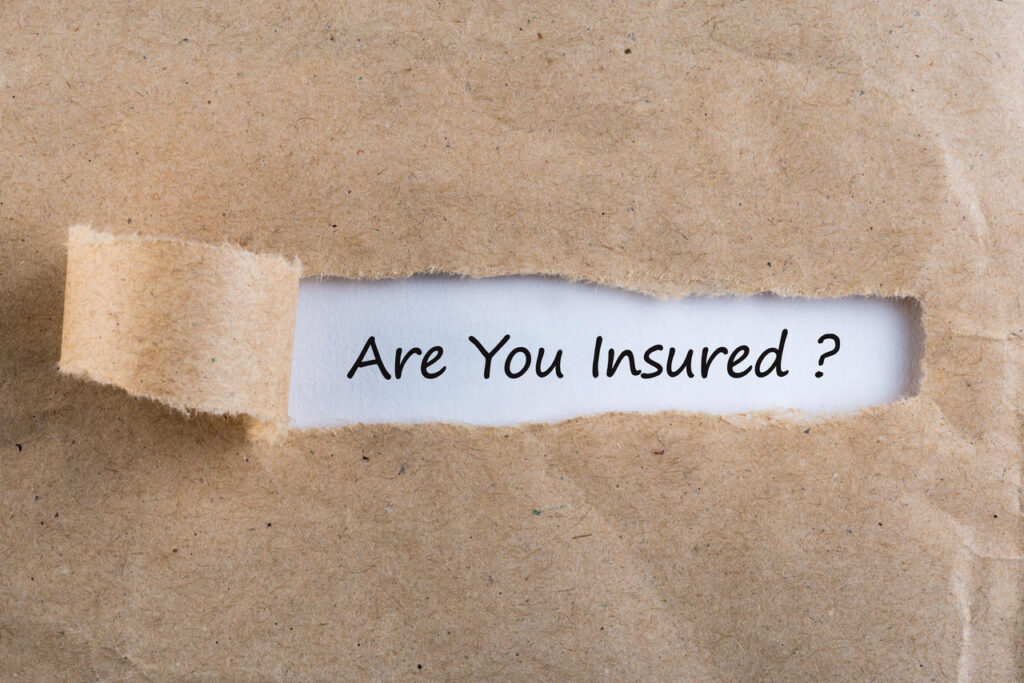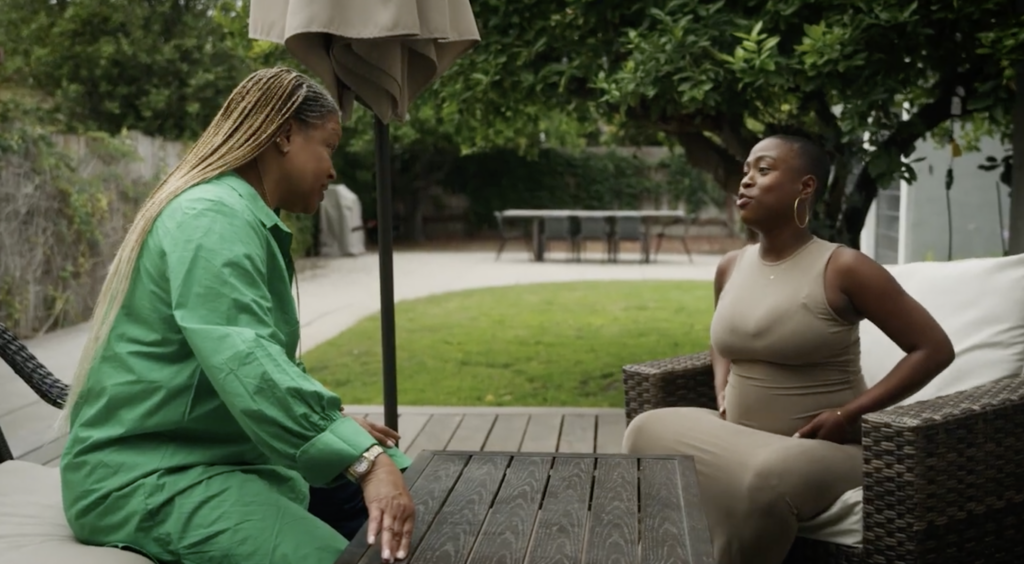 The coronavirus hysteria has officially reached a new level. News of the virus is hitting headlines on a daily basis, regardless of its immediate danger to the average healthy person. Many of these headlines are online. The internet is a powerful resource — and we’re taking advantage of it, with 51% of all web traffic coming from organic research. But that doesn’t mean you should believe everything you read, especially when a potentially deadly virus is being discussed.
The coronavirus hysteria has officially reached a new level. News of the virus is hitting headlines on a daily basis, regardless of its immediate danger to the average healthy person. Many of these headlines are online. The internet is a powerful resource — and we’re taking advantage of it, with 51% of all web traffic coming from organic research. But that doesn’t mean you should believe everything you read, especially when a potentially deadly virus is being discussed.
SARS and swine flu have both, in the past, been the subject of mass public discussion. The difference between the coronavirus and these diseases, of course, is less in its symptoms and more in its ability to spread. The coronavirus may be contagious without showing immediate symptoms, which means that a person can carry and spread the virus without realizing it. Furthermore, it has been spreading remarkably quickly, in part thanks to the fact that includes symptoms like coughing and sneezing. Coronavirus carriers may be symptomatic but will still often mistake the virus for a simple cold. This is in part because the term “coronavirus” itself refers to a group of viruses and the newest version, COVID-19, is a relatively new issue.
For all that, this virus should be taken seriously. But there have also been many myths spread about its risks, symptoms, and how it can be treated that may cloud your judgment. Some of these myths are based on genuine misconceptions, while others have been spread by faulty news outlets in an attempt to stoke the fires of a story. This doesn’t do the public any good; people are both over-prepared and under-prepared all at once — fueled by mass hysteria and cynicism. Hand sanitizer, as well as flu medications and even bottled water, are flying off the shelves as people struggle to prepare for the virus (and don’t even get us started on face masks). This kind of overreaction means that there are fewer supplies available for people that really need them. The best way to fight these types of misconceptions is to dispel myths. Let’s look into some of the main myths surrounding the coronavirus.
Myth: Everyone Needs A Face Mask
There has been an influx of Americans buying face masks and then wearing them constantly during their daily activities. People believe that face masks will prevent them from catching the virus. In fact, there is no need for healthy people to wear face masks. The fact is that tiny particles can still drift through typical face masks. Furthermore, viruses can actually enter the systems of healthy people through their eyes, rendering face masks much less effective than many might imagine. If an individual has a compromised immune system or works closely with the infected, a face mask would be worth investing in. Generally speaking, washing your hands consistently will be a better way to ward off the virus.
Myth: Alcohol Doesn’t Kill The Virus
The typical hand sanitizer is made up of at least 60% alcohol, which has led a lot of people to believe that alcohol itself kills the coronavirus. This may lead to misled individuals using pure alcohol or even alcoholic beverages like vodka to “disinfect” themselves, which certainly isn’t effective and may lead to issues with the skin. While you shouldn’t use products that aren’t meant to clean the skin to fight the coronavirus, alcohol is effective in fighting the transmission of the virus. This is in part due to the fact that hands are one of the main transmission locations, but the effectiveness of alcohol is ultimately linked to the virus’s structure. The virus’s envelope structure can be attacked by alcohol, but this alcohol is only safely delivered through approved products like hand sanitizer. Don’t try to make yourself immune to the disease through excessive alcohol consumption, as the penalties for just your first DUI can include license suspension, fines, community service, mandatory attendance at an alcohol program, mandatory overnight incarceration, and the required installation of a car ignition locking device. You shouldn’t try to make your own hand sanitizer at home, either. Soap and water is just as effective, if not more so.
Myth: Young People Don’t Catch The Disease
Although 127.6 million Americans visited the dentist in 2017, many now have the misconception that they needn’t make an appointment with a doctor for possible symptoms unless they meet certain age criteria. In fact, it’s not only the elderly that are falling prey to the coronavirus. Part of this misconception is linked to those that have died of the virus thus far in the United States. The death toll related to the coronavirus is not high in the United States — at least not as of now. However, many of the Americans who have died from the virus are over 50. In fact, one particular outbreak is linked to a nursing home in Washington state. The symptoms of the disease are much more harmful to older people, as they tend to have weaker or compromised immune systems in general. However, people of any age can catch the virus, and they can potentially die of the related complications if they go untreated. It must be taken seriously, no matter how healthy or young you are.
Myth: The Flu Is More Dangerous
When discussing the virus, many people focus on the seemingly-low death rate and consider the coronavirus to be “less serious” than the flu. Some people even dismiss COVID-19 as a bad cold. It’s true that most people who catch the virus will experience symptoms that are no worse than the typical flu. However, this strain of coronavirus is estimated to about 10 times as deadly as the typical flu and it can easily produce more complex symptoms. When people refuse to take the virus seriously, it leads to them experiencing more serious symptoms like pneumonia. The very fact that people compare the virus to the cold or the flu keys into its current status as a more dangerous virus.
Ultimately, the coronavirus should be taken seriously, but without the related hysteria some are exhibited. The majority of people that catch the disease will be fine. However, it should be strongly avoided and prepared for.




